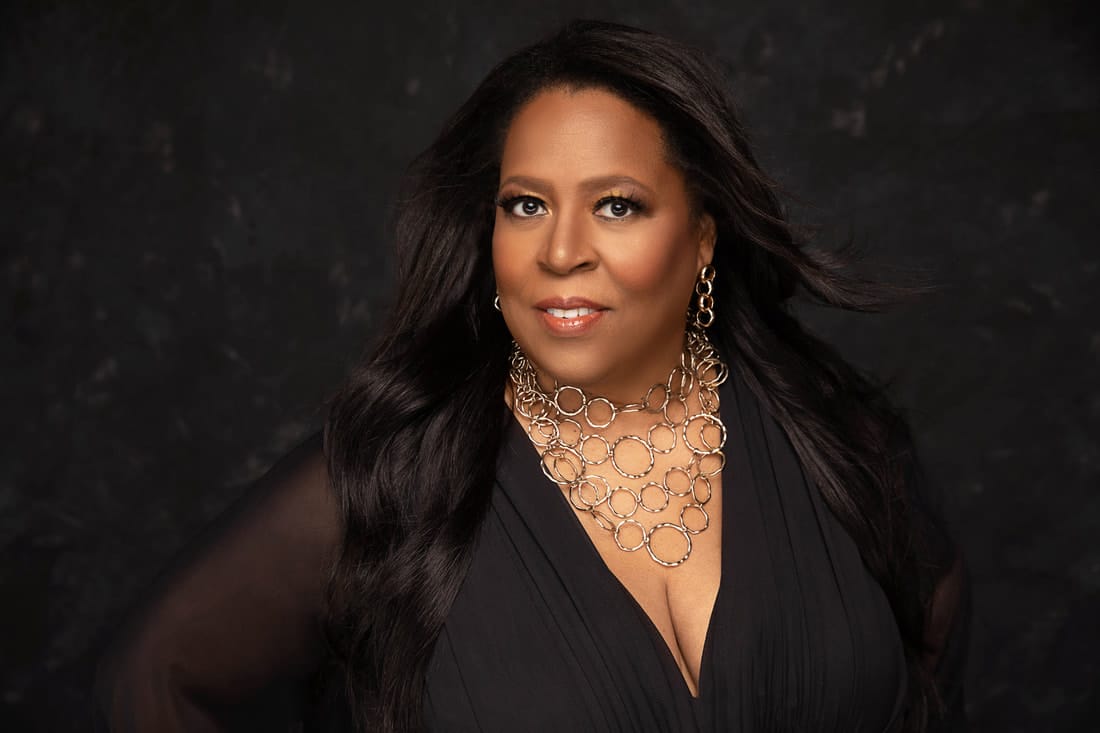When we think of prototypical composers in history, we often think of the composer who excels in all arenas, skilled in both composition and performance, working tirelessly in multiple genres, and innovating in ways both creative and structural. In many ways, composer and flutist Valerie Coleman embodies this historical construct. But in other ways, as a Black female composer who has greatly influenced a shift in the direction of present-day American classical music, Coleman has created a uniquely compelling pathway.
Born in Louisville, Kentucky, Coleman grew up seeing many similar faces to hers in her school ensembles, where she began learning the flute. But as she climbed higher into the elite world of music, she noticed that people who looked like her became fewer and fewer. Her undergraduate years were spent at Boston University, followed by graduate school at Mannes College of Music, often as the only woman or Black person in her program or ensemble.
In large part, this lack of representation – something that CMPI continues to address some three decades after Coleman’s early experiences – became a guiding force for her creation of the wind ensemble Imani Winds, named for the Swahili word meaning “faith.” The wind quintet was cultivated intentionally as an ensemble made up of primarily Black musicians, with a goal of championing music from underrepresented contemporary composers with shared cultural backgrounds, as well as influences from a multitude of more popular genres from R&B to soul.
Its revolutionary success is undeniable – from Grammy wins to artistic residencies at the Curtis Institute and the Chamber Music Society of Lincoln Center. Imani Winds has also always had a commitment to arts education and routinely present masterclasses, including one this year with CMPI and the Music Institute of Chicago, as well as an annual chamber music festival to train young artists each summer. While Coleman no longer plays with the ensemble, her legacy continues forward, more than a quarter century after its founding.
These days, Coleman is busy teaching at the Mannes School of Music in New York City, as well an enjoying unprecedented success as a composer. Equally at home composing large ensemble works, chamber works, and especially wind repertoire, her commissions continue to grow. Works such as Umoja: Anthem of Unity, which was premiered in its orchestral version by the Philadelphia Orchestra in 2019, have become staples of the new music literature. Her Seven O’clock Shout, named for the nightly celebrations of pandemic workers, has also earned a place in the repertoire, including in a performance by many CMPI fellows and alumni in the 2022 Chicago Youth in Music Festival.
Her works are as nuanced as her philosophy of music. Maintaining tonality in the context of a uniquely modern soundscape, she draws inspiration from classical forms, jazz, Afro-Cuban music, poetry, and the pure beauty of evocative melodies.
Here are just a few samples of her works:
Images
Valerie Coleman, photo by Kia Caldwell
